A Senior’s Guide to College Applications
November 21, 2022
For the past several weeks, Seniors at Champaign Central High School have been grinding out college applications. Some have already submitted their applications by the November 1st priority deadline, while others are still finishing up. Many elements come with this process, and it is undoubtedly a stressful time.
Although your counselors and teachers will guide you through the process when the time comes, with applications on their minds, Seniors have a lot of advice to give. Meet our four seniors to provide you with a guide on all the elements of college applications!
- Ava Borbely
- Applied to the University of Illinois Chicago, the University of Illinois at Urbana-Champaign, Butler University, Illinois State University, University of Tennessee, Knoxville
- Most hopeful for acceptance from the University of Illinois Chicago
- Majoring in nursing
- Caroline Hartmann
- Applied to Indiana University, the University of Illinois at Urbana-Champaign, University of Chicago, Rice University, Oberlin College, Vassar College, University of Colorado Boulder
- Most hopeful for acceptance from the University of Chicago
- Undecided major
- Carter Blount
- Applied to Syracuse University, the University of Illinois at Urbana-Champaign, and Texas A&M
- Most hopeful for acceptance from Texas A&M
- Majoring in business: accounting or sports Management
- Ethan Plankell
- Applied to the University of Missouri, the University of Bradley, the Missouri University of Science and Technology, and Northern Illinois University.
- Most hopeful for acceptance from the University of Bradley
- Majoring in engineering
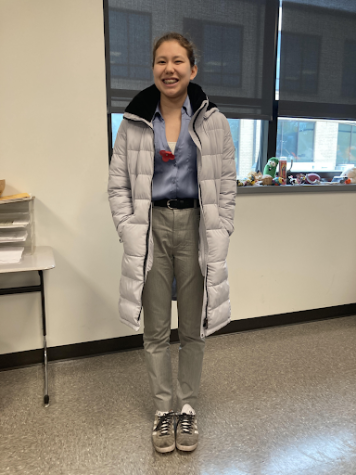
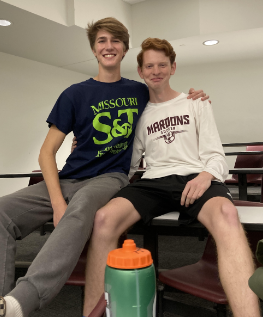
Caroline Hartmann Ethan Plankell and Carter Blount
Choosing Where to Apply
Although completing applications is difficult, choosing which ones to complete can be even harder. Some people know which college they want to go to from a young age, but most have to make a decision their Senior year.
Blount says, “My options were clear because UIUC is my hometown school, Texas A&M is where my parents went to school, and Syracuse has one of the only programs solely for sports management in the U.S.”.
However, Hartmann and Plankell share their advice for deciding what colleges to apply to if you don’t have a clear choice. “I recommend having a criteria for colleges you choose to apply to. I also think it’s a good idea to focus on the different qualities of each college, like if it’s just an undergraduate program, campus size, and culture of the campus.” Hartmann says.
Plankell stresses the importance of asking others for advice. He says, “I asked friends, family, and teachers what universities they liked. I narrowed down their suggestions by researching the clubs, activities, engineering programs, and more on the university websites.” Borebly also recommends doing research on university websites. She says, “[the websites] will give you a lot of good resources to figure out what the college is like and what kind of majors they have.”
Hartmann also recommends reading The Fiske Guide to Colleges. She says, “[The book] has all the colleges in the U.S. and gives a good breakdown of each school, how much it costs, and the scholarships they provide.”
Our seniors recommend going on multiple college visits to decide what colleges to apply to. Blount says, “If you’re thinking of applying to a school even if it’s not your first choice, definitely take a visit. They’re super helpful to get a feel of the campus, which is important since you’re going to live there for the next four years.” Borbely says, “Going on college visits is a really good idea because it gives you the full view of what the college is like: the campus, programs, and overall feeling.”
Hartmann shares advice on how to pick your favorite colleges from your visits. She says, “Make a Google Doc with all the colleges you visit. Write your first impressions right after the visit, maybe on the drive home. This helped me because sometimes I’d forget how I felt during the visit, and they’ll tell you more things in the college visit presentation than in pamphlets or online.”
Essays
A big part of college applications is your essays. Most of the time, you write a main personal essay answering a single prompt of your choice, with multiple smaller essays specific to certain colleges. For many Seniors, this is the most time-consuming part of applying for college, and many colleges stress the significance of essays on your application.
Blount says, “My biggest advice is to take your time and don’t wait until the last minute. Understand you’ll have to revise your essay many times, it’s not something you can just do in one sitting.” Plankell also stresses prioritizing your essays. He says, “Start on the essays before Senior year because work piles up very fast.”
Blount also recommends approaching the essay with flexibility. “Don’t be afraid to change your essays if you don’t like them. If you’re feeling unmotivated or tired, don’t work on your essays because you’re not going to write your best when you’re not focused”, Blount says.
When it comes to the content of your essays, Hartmann says, “Since essay prompts are often about challenges you’ve gone through, you should focus on how you overcame that challenge, not so much on the challenge itself. If you’re writing about your humble brags and accomplishments, don’t make your essay about those things, make it about how those things helped you grow.” Borbely recommends that the contents of your essay be meaningful. She says, “You should write about something that provokes a lot of emotion and is genuine, since you don’t want your essay to be boring and you want it to stand out.”
Having others review your work is another important part about writing your college essays. Harmann says, “You can have a family member review your essays, but they might be biased: they know you, they know where you’re coming from, they might not be able to give you good critiques on your work. It’s better to ask a stranger, since college admissions officers are also strangers.” Borbely says, “I would recommend asking one of your English teachers to review your essay so they can edit grammar and punctuation. Also, have multiple people review [your essay] for different perspectives.”
SAT/ACT
Although many institutions don’t require standardized testing anymore, many students prefer to still take the SAT or ACT. Since it is optional for most colleges, it makes your application stand out.
Hartmann recommends taking a practice ACT close to when the SAT is administered through Champaign Central High School during Junior year. Hartmann says, “I took a practice ACT and the school SAT to see which score was better. Do those without studying so you can see which one you’re naturally better at. Then, you can study hard on one of the tests.”
As for studying, Borbely says, “If you really care about doing well on the SAT or ACT and if you have the money for it, you should get a tutor, since people usually aren’t naturally good at these tests. If you can’t get a tutor, you can always rent study books from the library and do practice tests.”
Borbely says, “There are so many chances to sign up for the tests before applications are due. Since questions are always different and you could be having a great day during one of these tests, I would recommend signing up for the SAT or ACT more than once.”
All in all, though, our Seniors believe the SAT and ACT are not the most important part of your application. Plankell says, “Don’t stress it. Most schools are test optional now, if you do submit a score it’s mostly used for scholarship opportunities.” Blount says, “The SAT and ACT don’t matter as much as everyone says. Just relax. With the current state of colleges, you don’t have to get a really good score to get into your dream college.”
Instead, the Seniors recommend focusing more on other parts of your application. Hartmann says, “I would focus more on getting really good essays, getting a job, getting experience for your major. If you don’t score well, just don’t submit it. It’s not the most important thing.” Plankell says, “Colleges care more about you being active in your community and doing service than test scores.”
Resume and Letters of Recommendations
Another element of college applications that takes time and effort is completing your resume and getting letters of recommendation.
For most letters of recommendation, you’ll need to ask a high school teacher to write one for you. If they accept, you’ll send them your resume and anything else they ask for. You’re in charge of making sure these letters are written before application deadlines, so timing is important. Plankell says, “Make sure to ask your teachers for recommendation letters as soon as possible so they can take their time on it and write it well.”
In choosing who to ask to write your letters, Hartmann says, “If you had a teacher for more than one year and you did well in their class, I would recommend asking them, because you want somebody you’ve known for a while and have a good relationship with.” Hartmann also says to be aware that you’ll request letters from teachers you had your Junior year or before then. She says, “Coming into Senior year, you need to ask for letters in mid-September and October. You’ve only known your Senior teachers for a couple of months, so it usually doesn’t work to ask them.”
Borbely advises that if you didn’t perform well in a particular class but the teacher saw that you worked hard, you should ask them for a letter of recommendation. She says, “I asked for a letter of recommendation from a teacher whose class I had the lowest grade in because I still had a good relationship with this teacher and they knew how much effort I put into their class. This shows colleges that even if the best results don’t come from it, I try my hardest academically.”
With letters of recommendation, all of our Seniors agree on one thing. “Make sure you get a teacher in a field you want to go into. That’s an important thing to colleges”, Blount says. Plankell says, “It’s important to get a letter of recommendation from a teacher who taught what you want to study. It shows colleges you can be successful in this major and that you care about it.”
When asking people for letters, our Seniors recommend being professional and showing appreciation for their willingness. Hartmann also says, “I would ask them if they can write you a good letter of recommendation, not just a letter of recommendation. Anyone can write you a letter of rec, but not everyone can write you a good one.” Blount says, “Don’t be nervous to ask [for a letter] or remind them to finish before your application date. Teachers are happy to do it.”
Time and Stress Management
Managing all these elements of college applications can be difficult. When completing them, you’ll have other school work, possibly be part of clubs and sports, or be trying to maintain a social life. So, our Seniors recommend starting the process before Senior year starts. Hartmann says, “At the end of Junior year, [counselors and teachers] are going to start getting on you about filling out your CommonApp. Fill out the easy stuff before Senior year starts: your family section, your education.
Our Seniors also recommend going on college visits the summer before Senior year. “A lot of people have to miss class because they schedule college visits during the school year, so I’d try to plan them during the Summer”, Plankell says. Hartmann says, “It’s a good idea to start visiting colleges before Senior year, that way you’ll know where you’re applying to early in the process.”
Blount says the best thing for him in managing college applications was setting aside time to work on it. He says, “I put time aside, usually 2-3 hours on a Saturday every weekend or to just work on college [applications] and not worry about anything else. You have to just make yourself work on it.”
Borbely recommends using your time effectively in and out of school. She says, “I used any free time in school to work on college applications. For example, instead of being on my phone and talking to friends during study hall, I used the class to work on college essays. All that little time adds up.”
Hartmann says to make sure you plan time to work on applications based on deadlines. She says, “Just take it one application at a time. Look at your deadlines, maybe you have two applications due on November 1st, one on November 15th, and the rest due later. Fill them out in that order.
Hartmann also recommends breaking up work week by week. She says, “Once you have your personal statement written, each college has about 3 supplemental writings. Most of them are about 250 words, so you can do that in a week. If you can do one essay a week, you’re really set.”
Although applying for college is a stressful time with a lot to juggle, it’s also very exciting. You’re able to think about your next phase of life and take steps toward your future. Borbely says, “All you can do is try your best on your applications. No matter what happens, you’re going to end up in the place you’re supposed to be, even if it’s not where you thought you would end up. Don’t forget that you can always change your decision in college – this isn’t the end all. Everything will work out!”








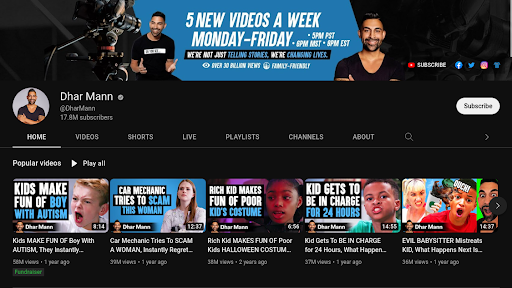


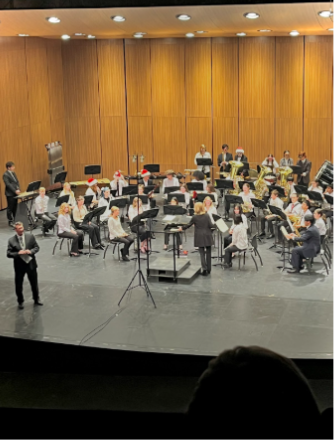

















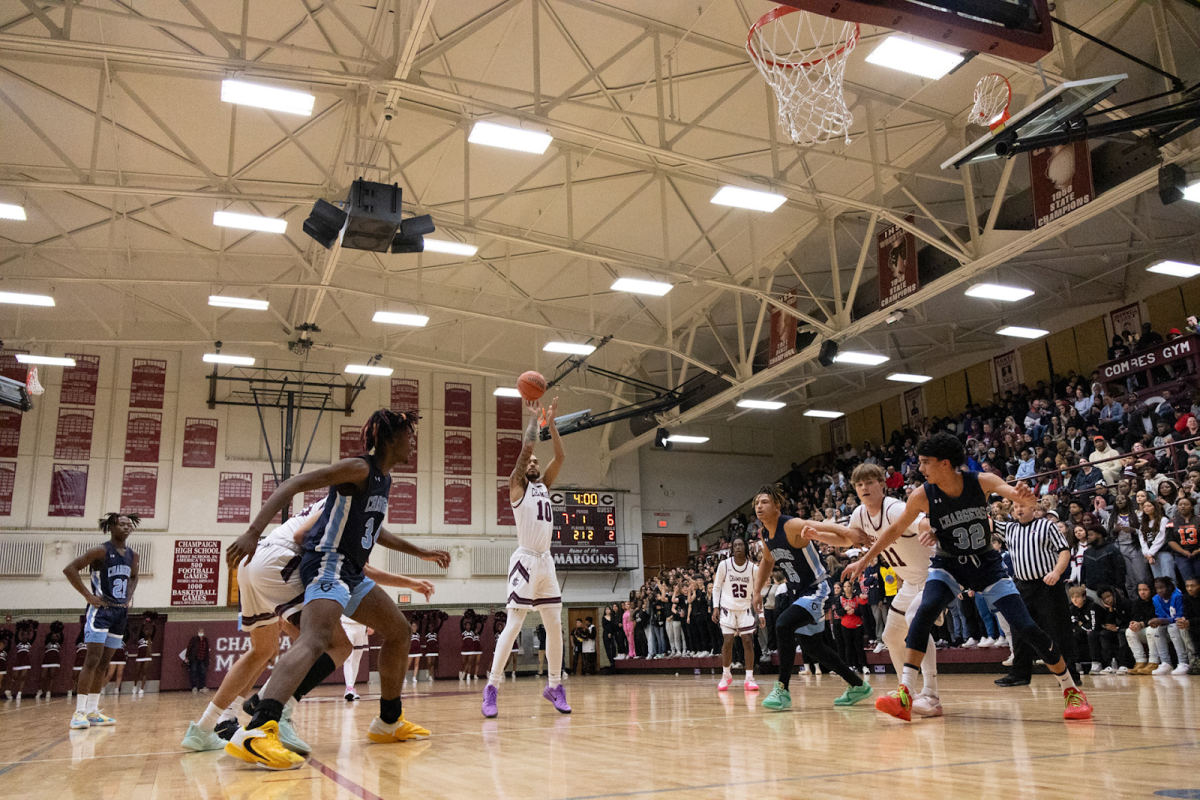







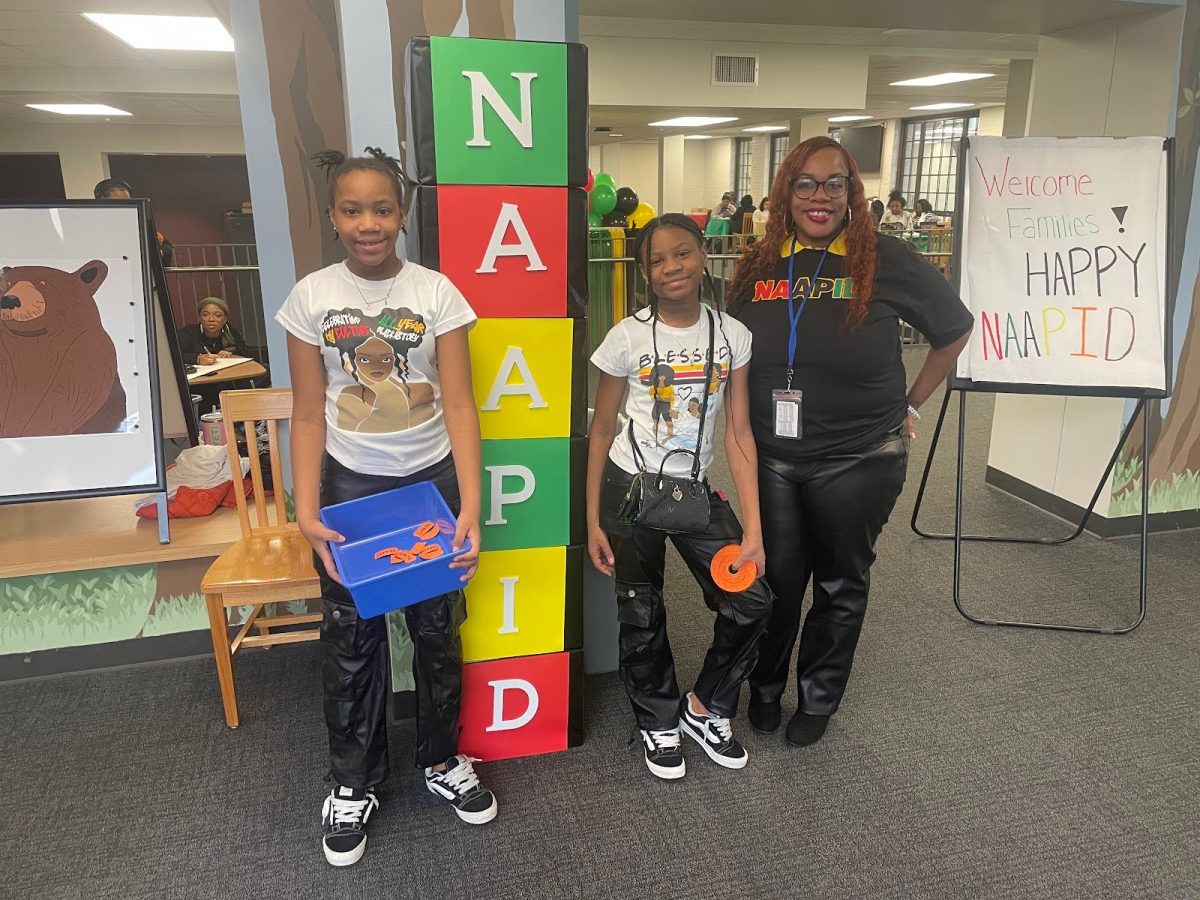

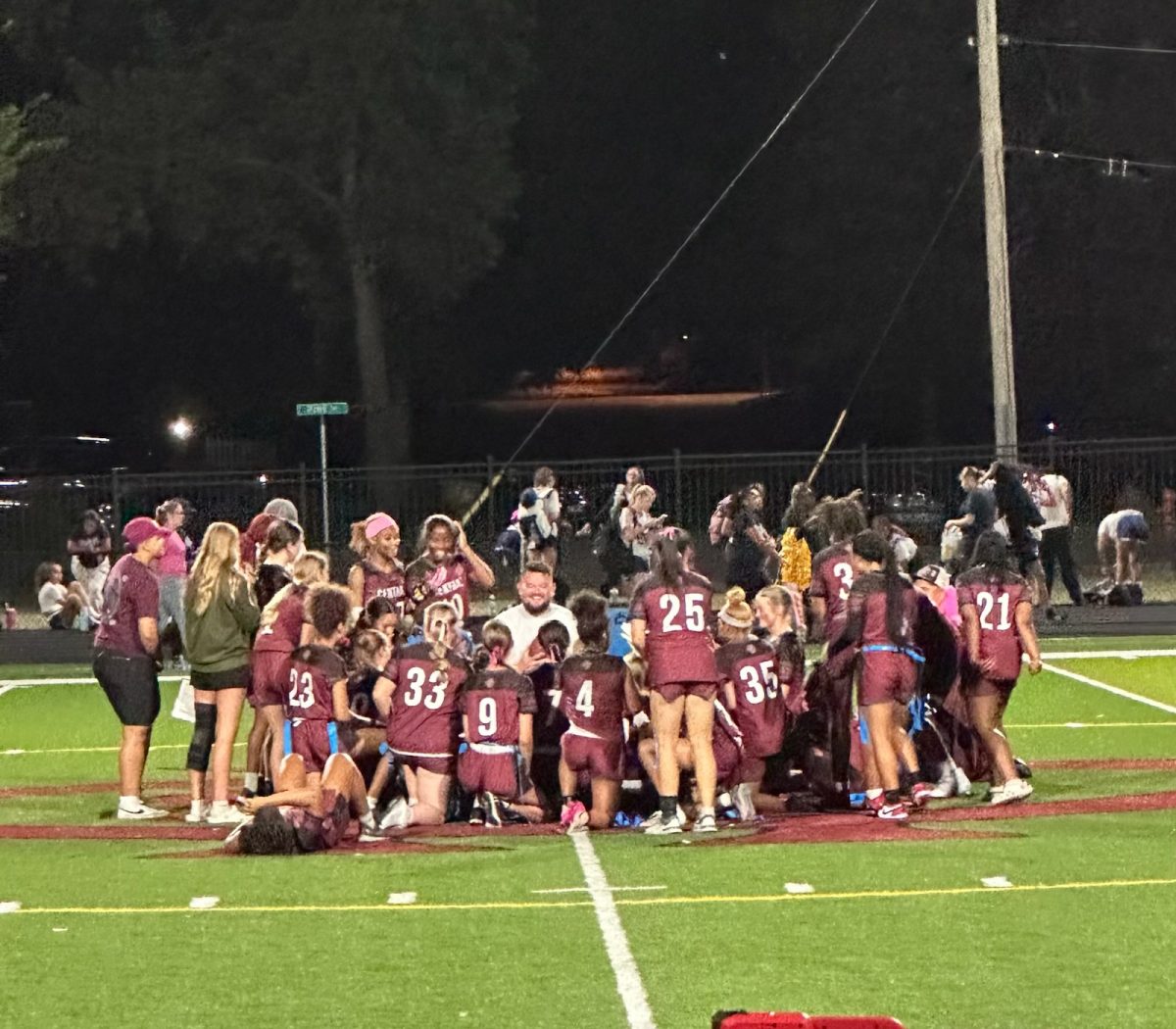


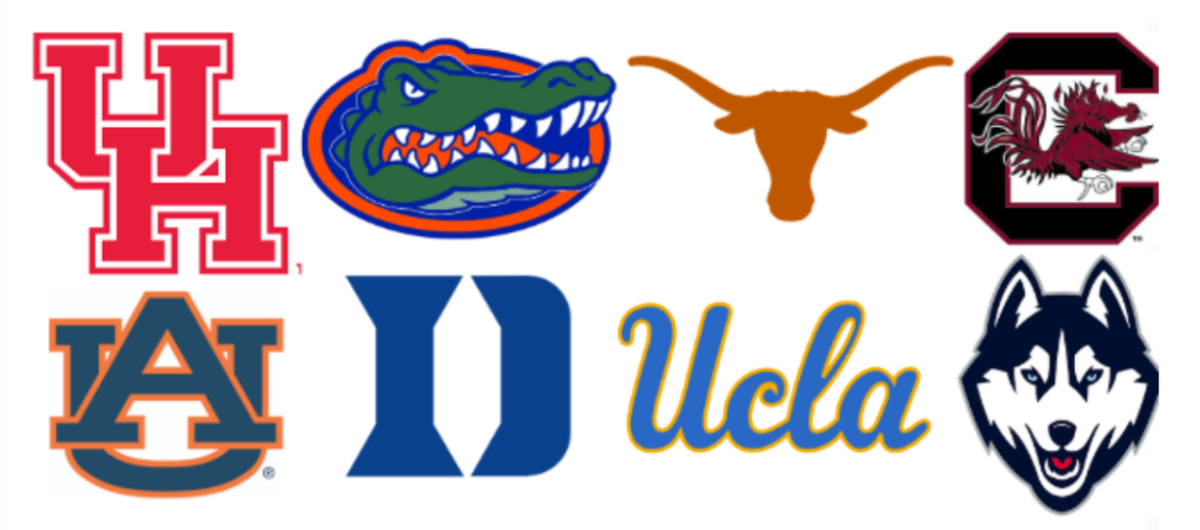




Samaira Sandil • Nov 22, 2022 at 11:08 am
Allison, this is such a well-written article! All the different perspectives put together for advice is so helpful. I was definitely able to map out the next two years in terms of college in my head. Great work!
Chloe Flynn • Nov 22, 2022 at 11:04 am
This is good advice that I will definitely use when I am a senior
Anthony.W • Nov 22, 2022 at 11:02 am
A very insightful article! it’s also very helpful for giving tips to those who are thinking to apply to colleges.